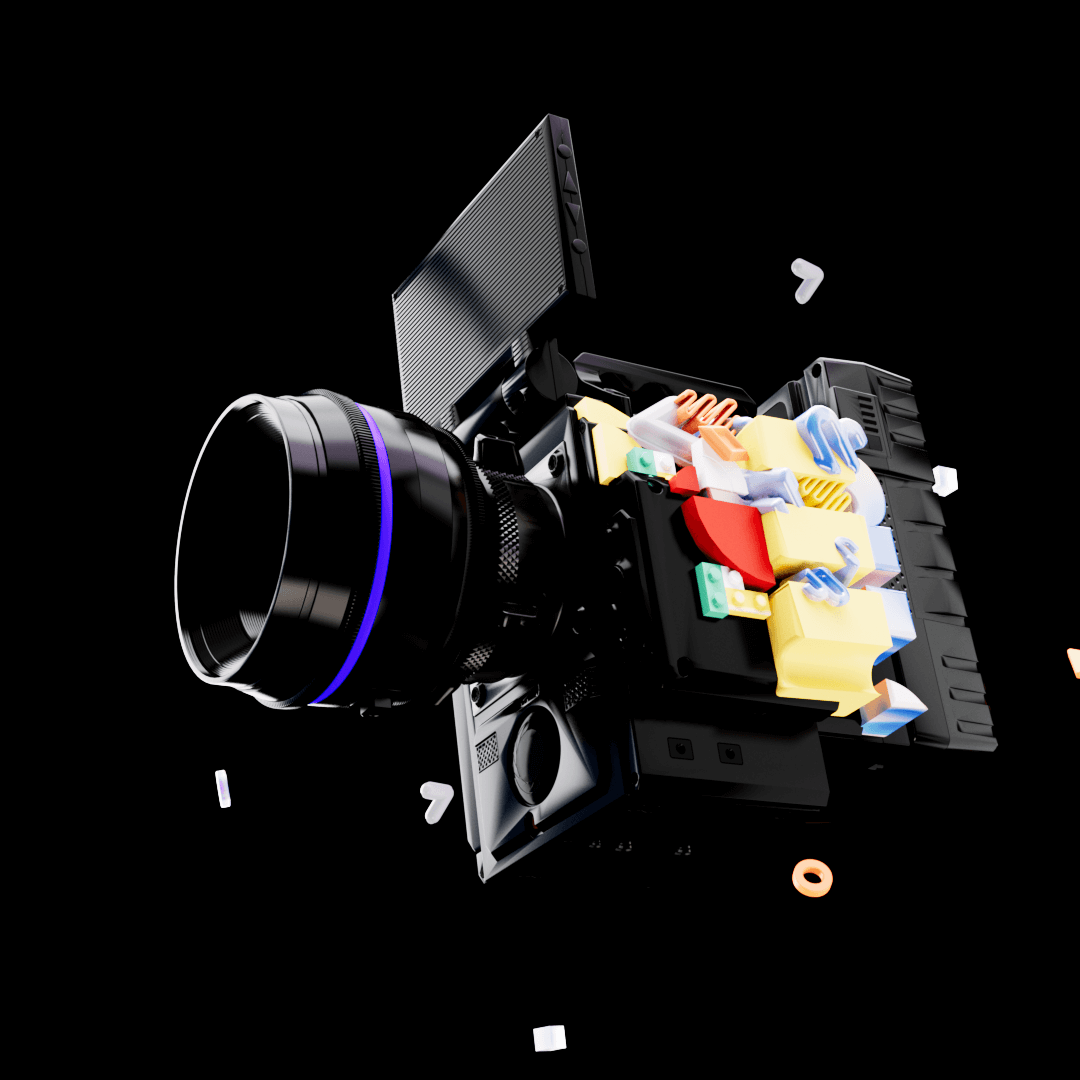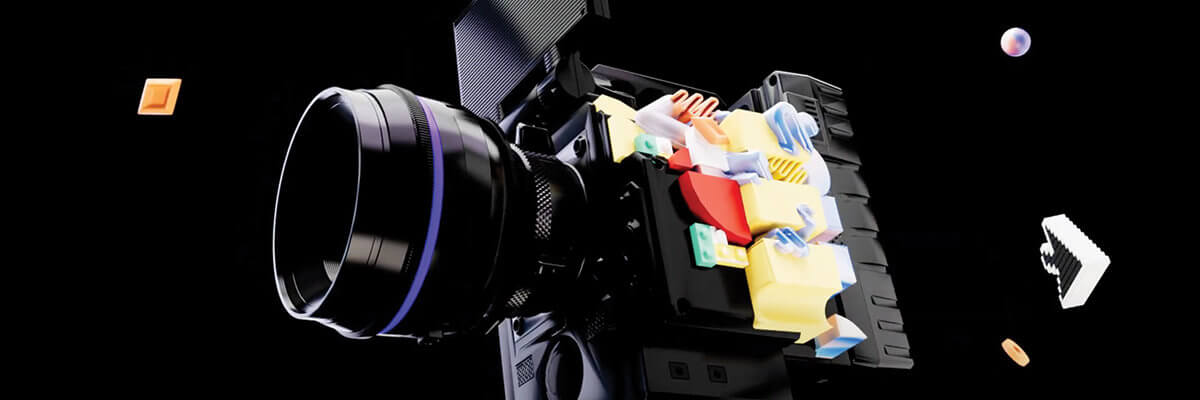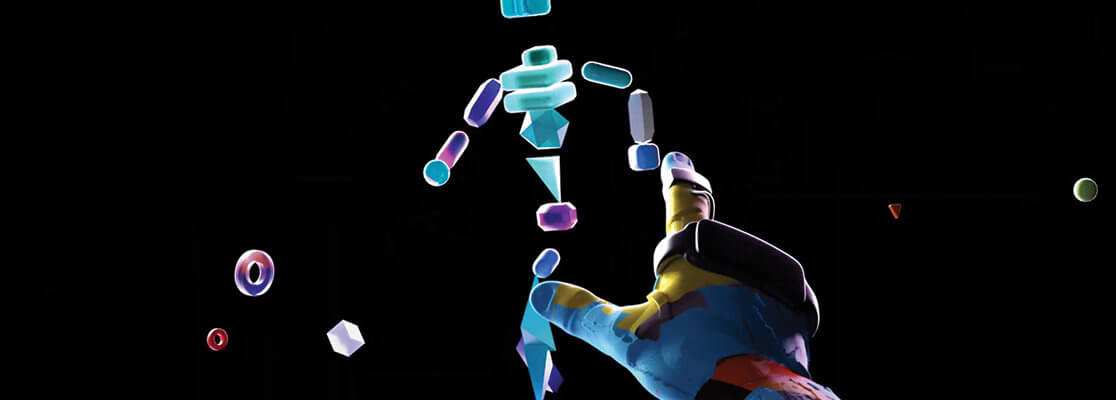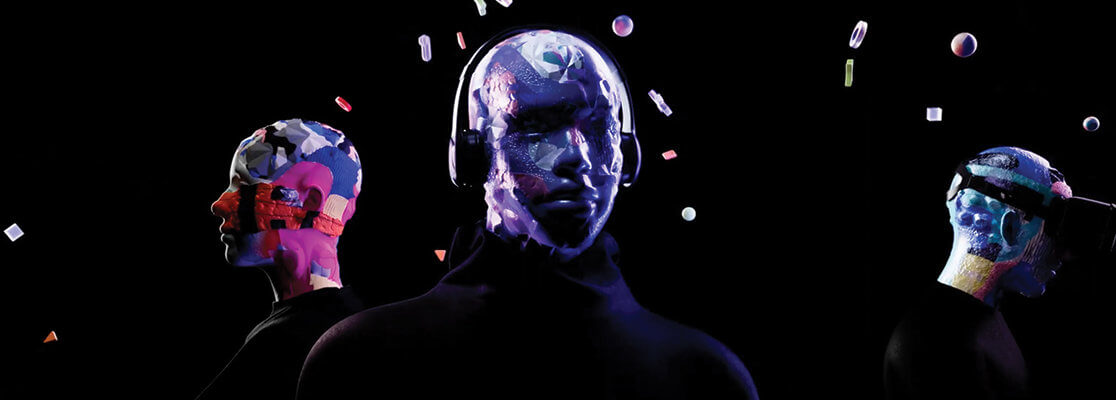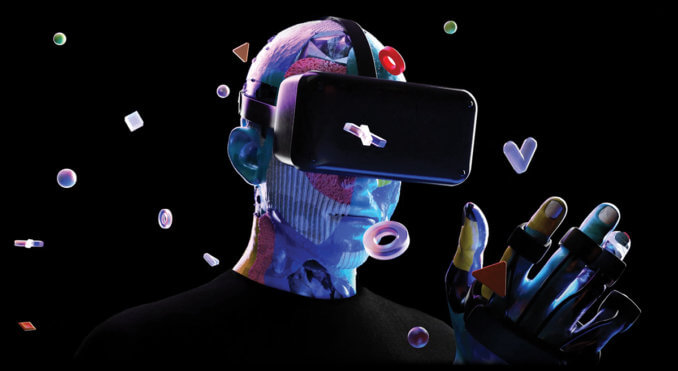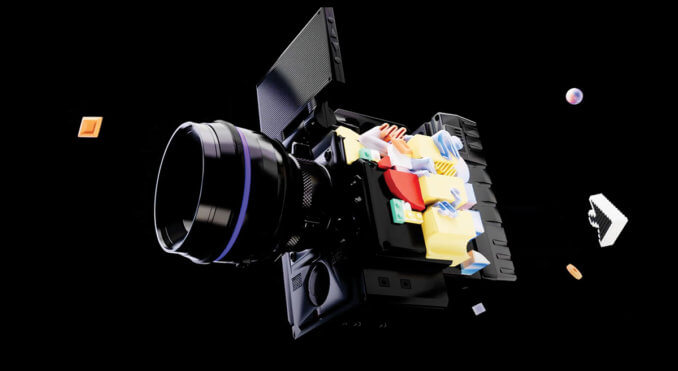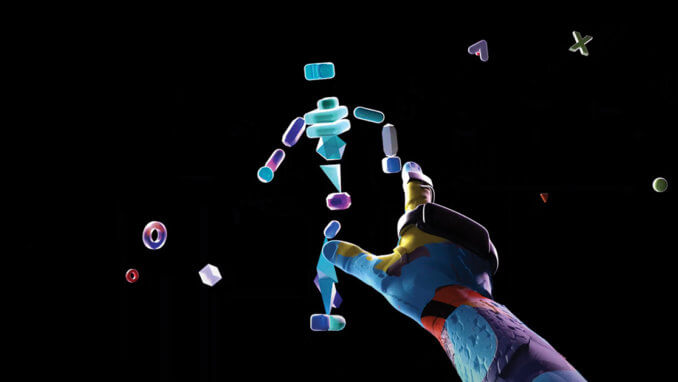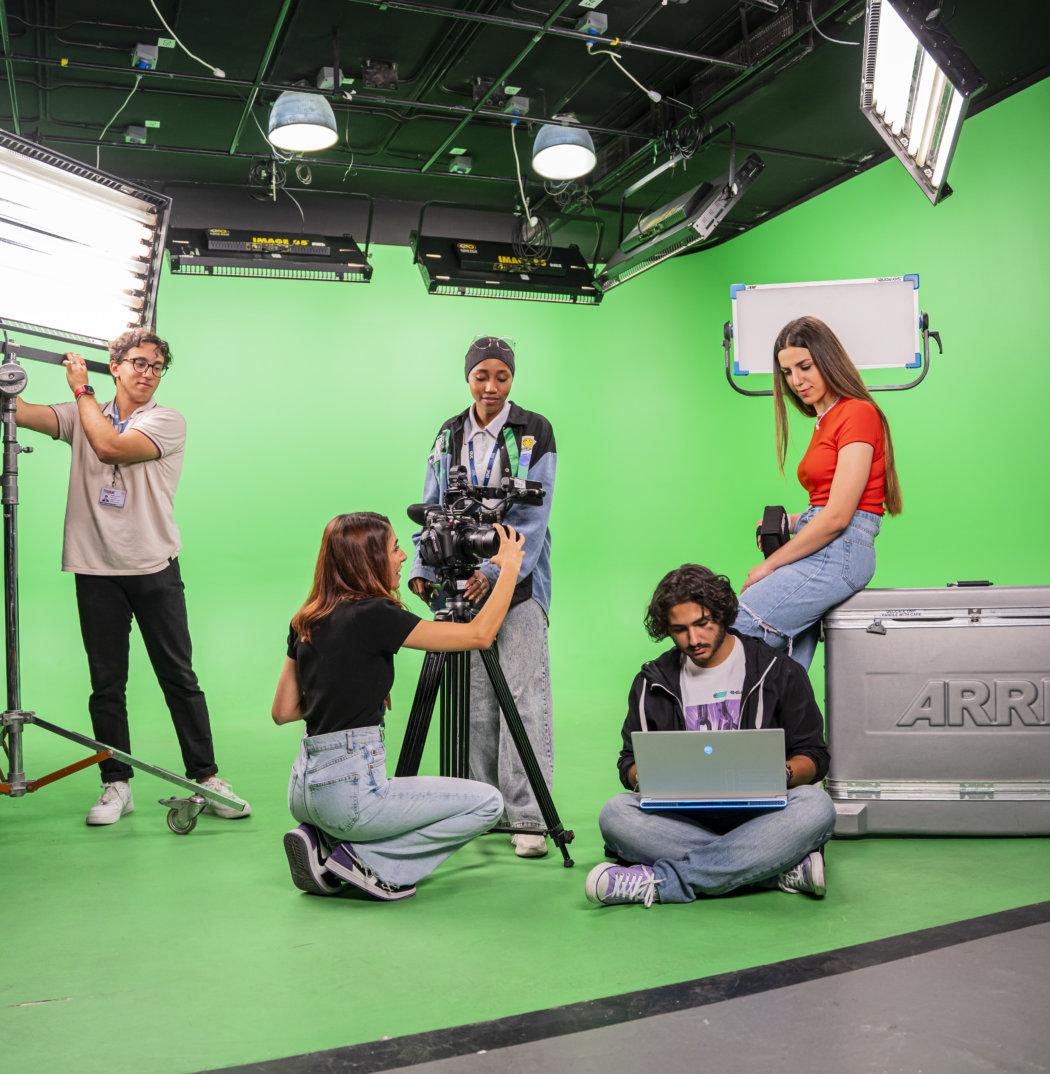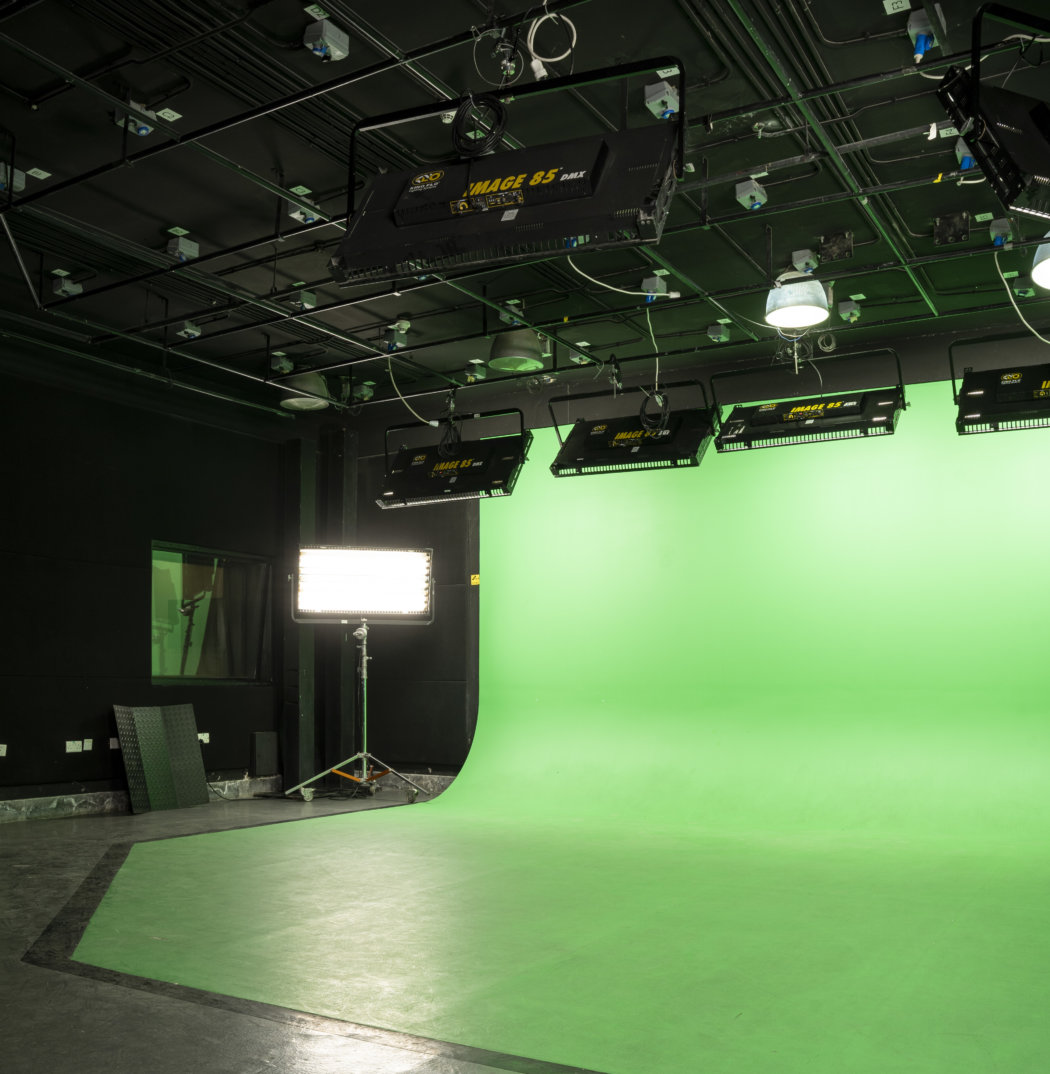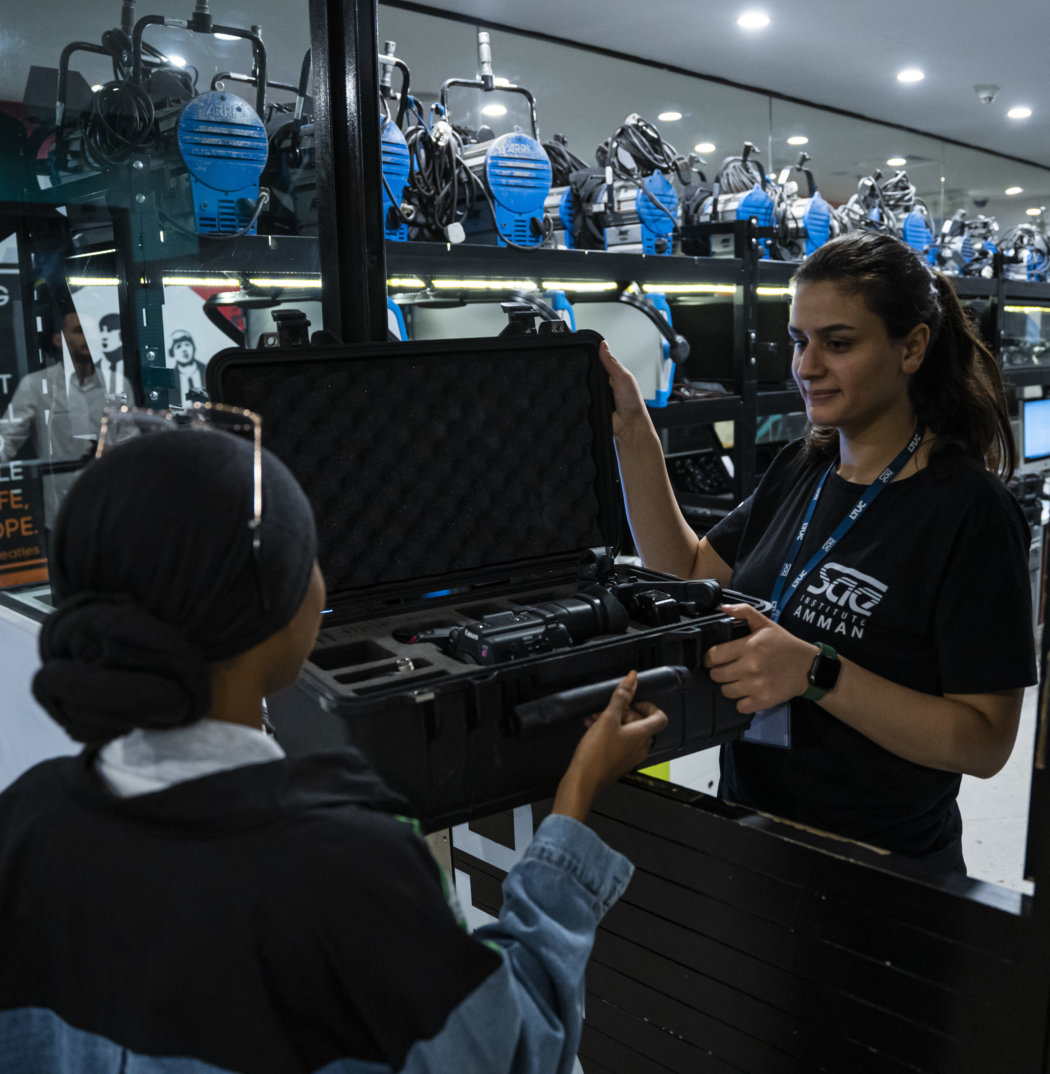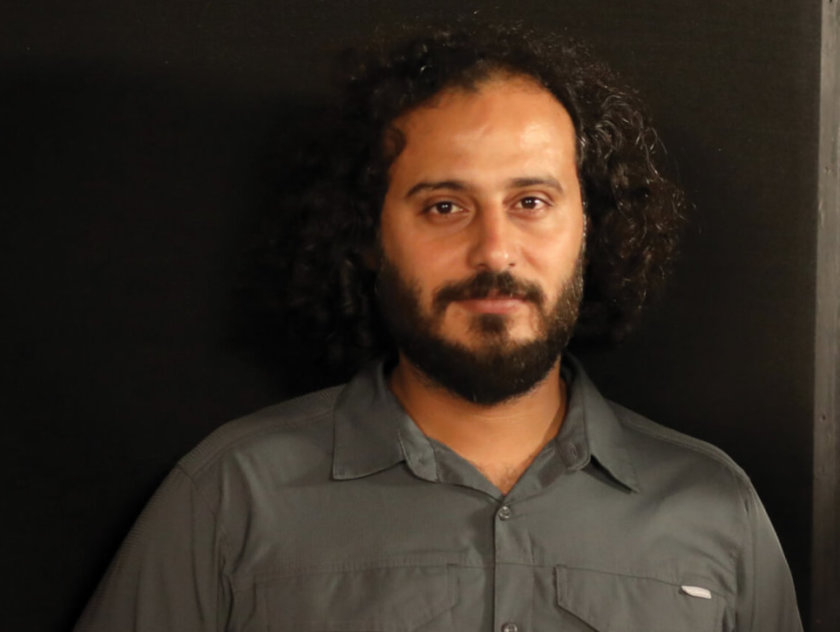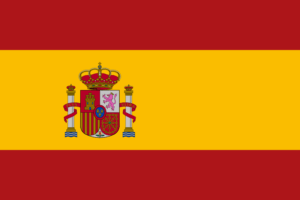Bachelor of Film
LOOK THROUGH THE LENS TO SEE YOUR FUTURE IN FILM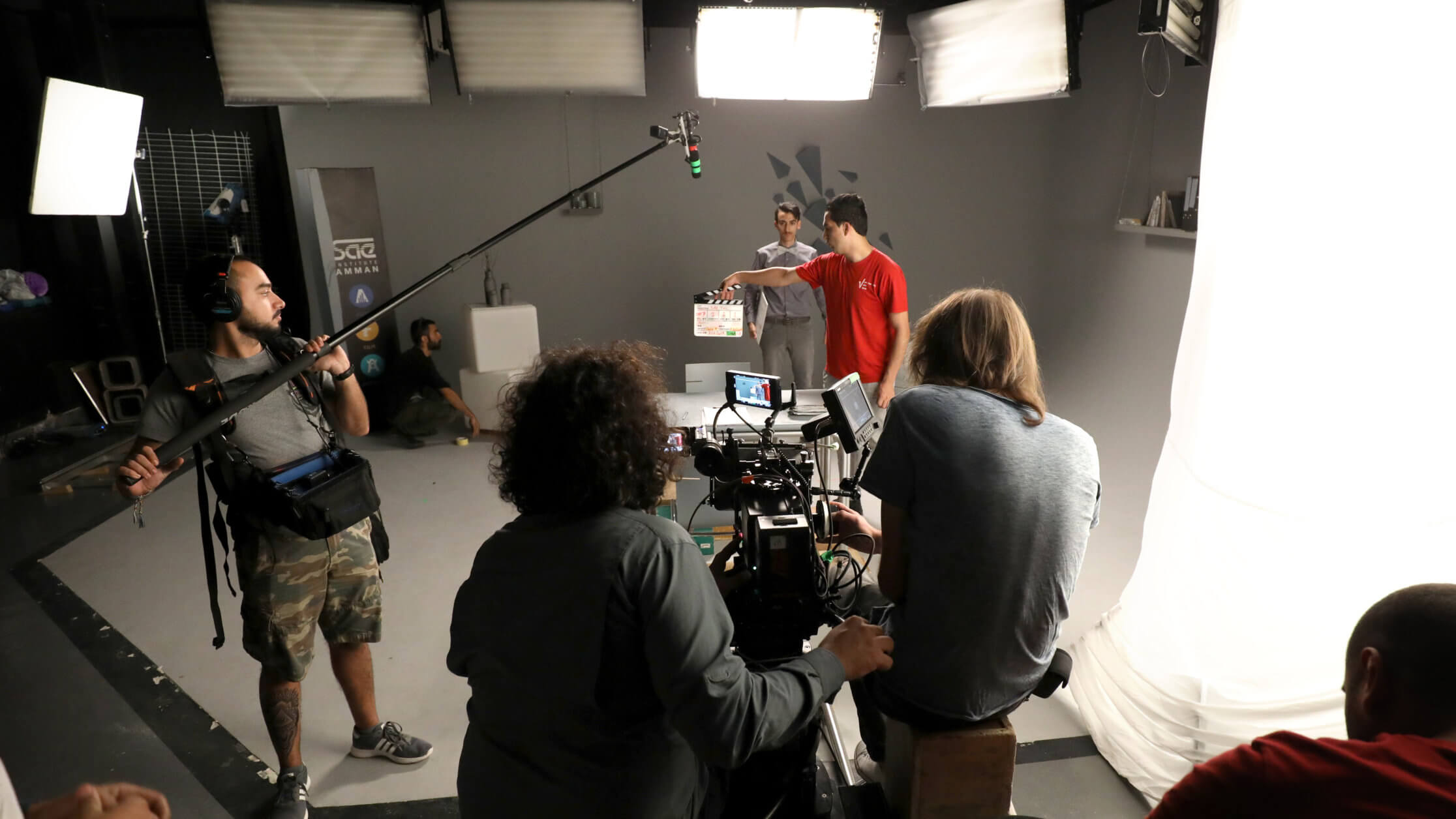
Complete your accredited Bachelor’s degree in less than 4 years with a total of 11 trimesters.
Complete your accredited Bachelor’s degree in less than 4 years with a total of 11 trimesters.
5 October 2025
22 February 2026
5 October 2025
22 February 2026
YOUR CAREER IN FILM BEGINS NOW
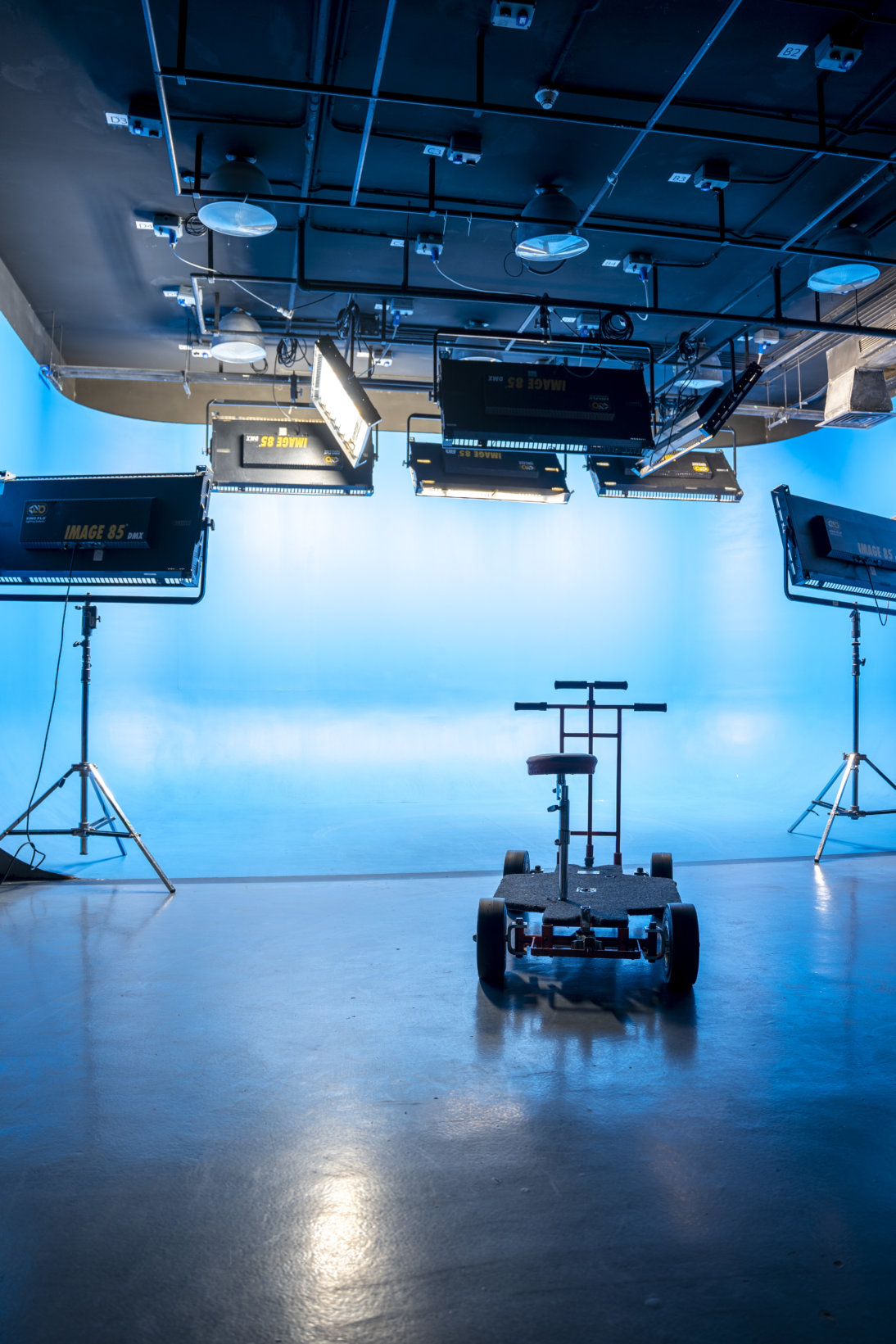
Film Skills
Tools & Software
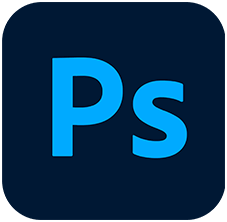
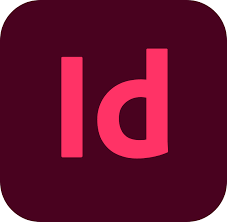
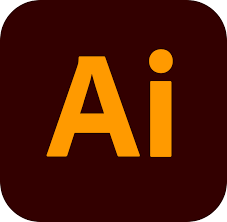
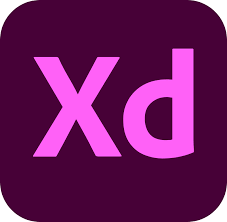

Course Structure
The curriculum was established by The National Youth Organization Which is an organization that works on developing skills for the youth in order for them to be able to interact and integrate into society whether that be in their personal lives or in an educational environment.
The students are trained around five main focus points: Personal competencies, Problem-solving and dealing with conflict, Proper healthy behavior, Effective habits in the work environment, and learning through service."
Although technical proficiency is a goal, the primary emphasis of the course is the successful creation of imagery, sound, video, and animation for use in motion graphic projects.
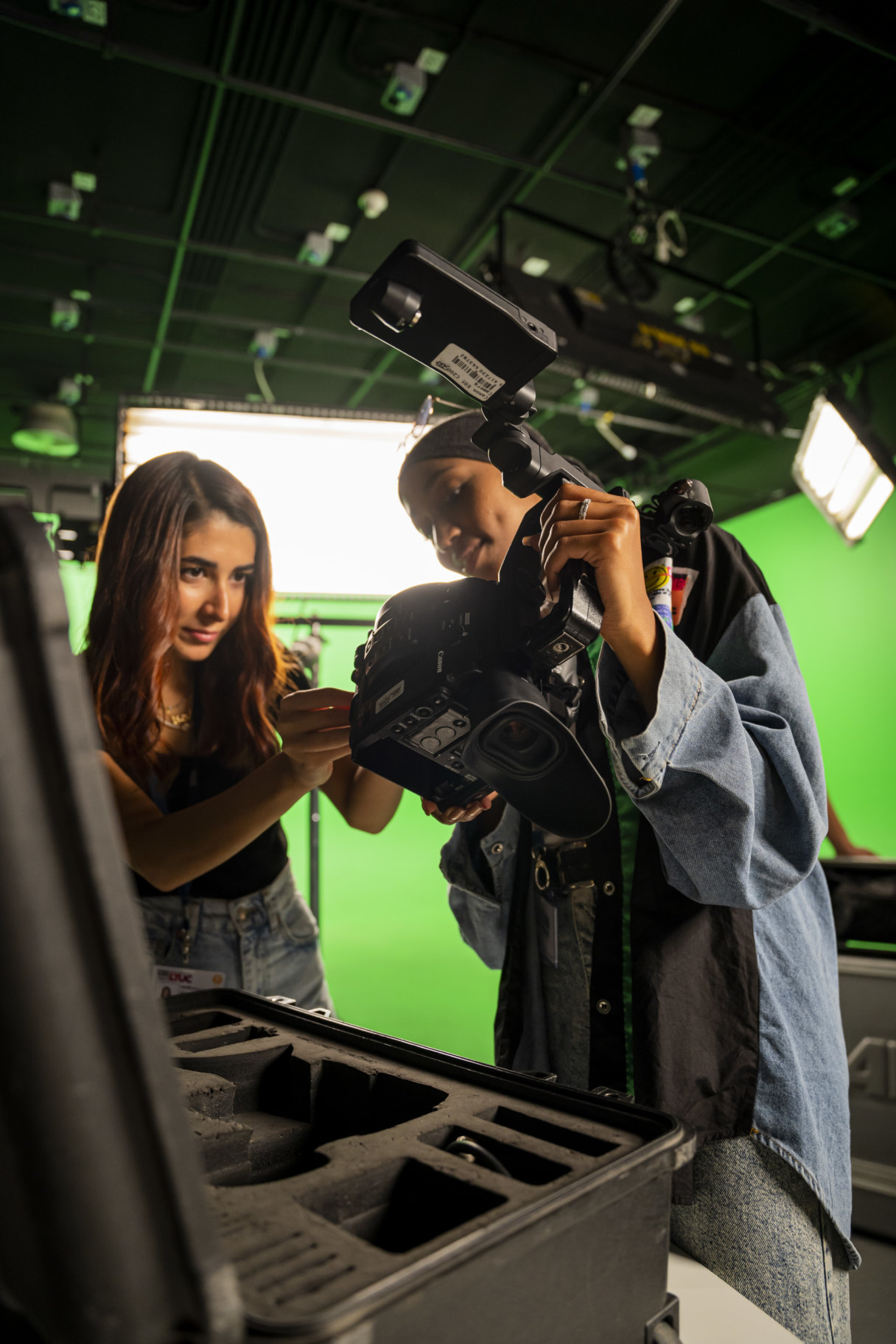
Career Outcomes
What jobs will this course lead to?
- Video Editor
- Producer
- Cinematographer
- Colourist
- Director
- Screenwriter
- Visual Effects Artist
- Camera Assistant
Student Spotlight
Course FAQs
All SAE courses focus on practical, hands-on delivery. The amount of practical time you experience during your study varies depending on your course. You will always have an opportunity to access campus resources and facilities outside of class times; during campus opening hours.
It can vary depending on the course. In most cases, lectures have an average of 15 students.
It’s a study requirement that students have their laptops (for after-school study). The laptop specifications and features can be sent to your email when requested.
